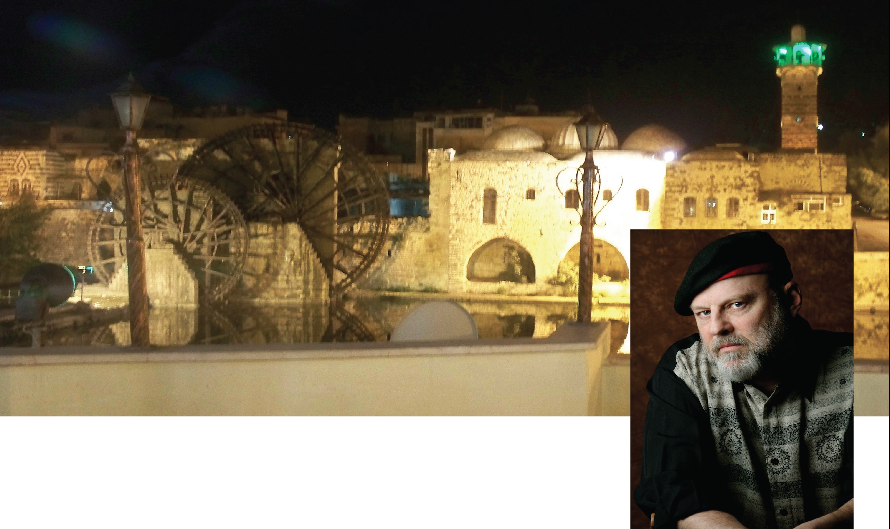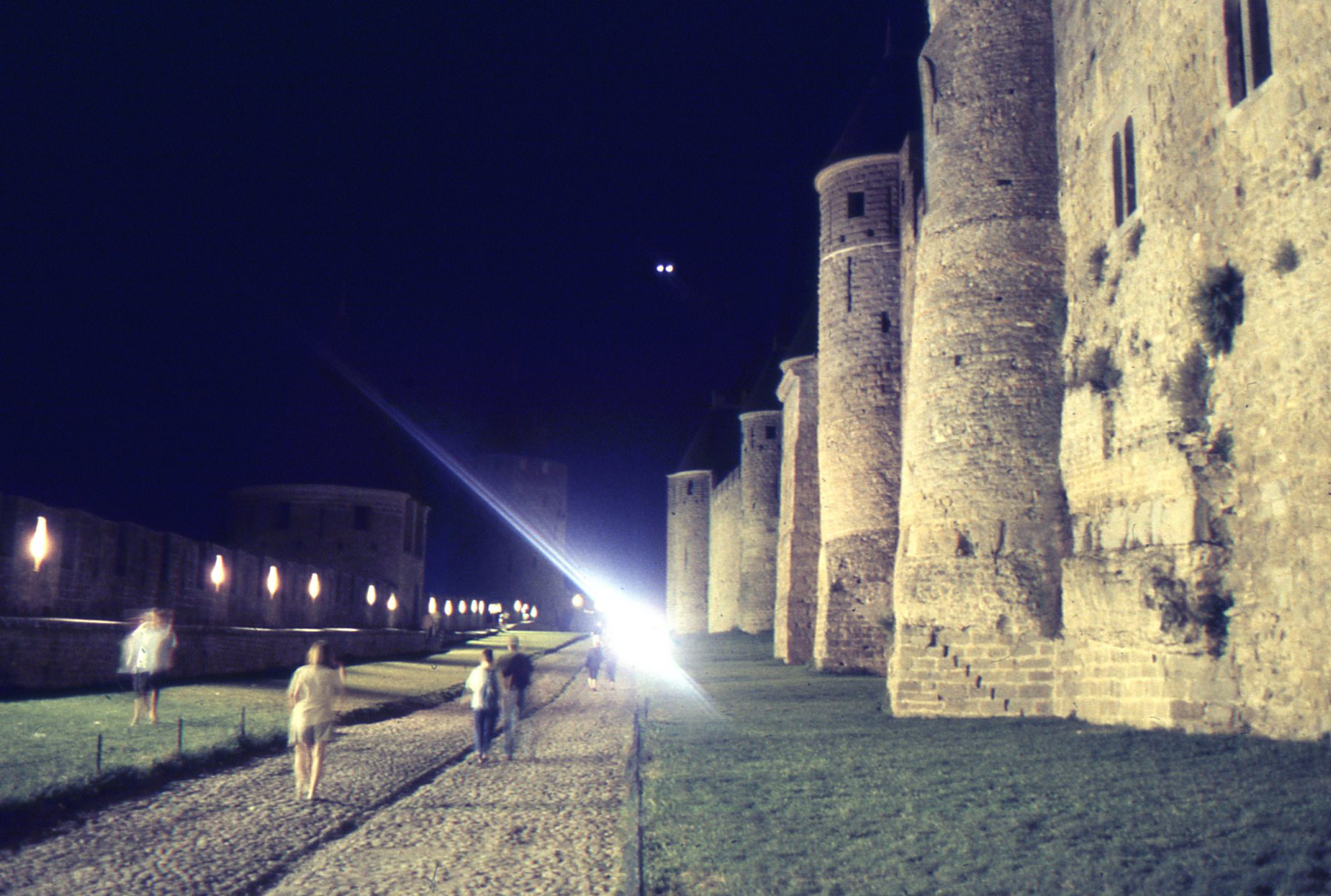6 November 2013
SOMETIMES
Sometimes he thought about the old days.
Sometimes, especially when he was walking along the river late in the day, with the afternoon sun splashed over the trees on the western bank, the light would change and capture something—a gold green glow reflected off the surface of the water—and suddenly it would be the Canal du Midi on a late summer day. A picnic on the banks. The boys skipping rocks and chasing each other along the tow path. His wife laid back in the deep grass that rose in waves up from the banks. A soft ripening round of Camembert and the broken crusts of baguettes with all the time in the world to be eaten. The boys found a dead otter, or maybe it was a river rat, but something suitably rank, fly-buzzed in the reeds. A barge moved past in the distance, wash flapping on a line and a pig standing on the deck.
Why had that moment frozen, and not some other?
Then he remembered the tramp. The man had emerged from under the line of beech trees between the tow path and the upper road, limping steadily south and east, as the Canal bent in its journey down to the Mediterranean. His face had been lined, a week’s growth of beard, eyes that looked everywhere and nowhere. A lumpy bit of pack on his back. He’d said nothing to the boys, just moved along steadily, limp, walk, limp, but the boys had stopped their inspection of the water rat to study his back as he passed.
As he approached the adults they could see the bulges in his pockets, the tatter to his coat. “Je viens a la mer,” he said as he passed. “Toujours la mer. Mais pourquois? C’est tout la meme chose.”
And then he trudged on. The boys wandered back, waving sticks and making faces over the smell of the dead rat. In the trees, a slight wind rustled leaves and then ran on across the far fields.
The light still held. But the moment slid on, and as they gathered up the remains of the picnic lunch, and his wife began to talk of Carcassonne and the evening ahead, he held himself apart, just the littlest bit, thinking of the tramp . . . Going to the sea, always the sea. But why? It was always the same thing.
A moment here. A moment there. What did it matter? Why not a full flow of events? It wasn’t that he couldn’t remember. If anything, he remembered too much. That night in Carcassonne, for example.
The boys had discovered a tiny television up on the wall of their room in the pension and, after the long day on the road and in the sun, wanted nothing more than to lie on their bed and watch a movie, even if it was in French. A round of croque monsieurs and a liter of Citron had been obtained, along with instructions on how to find Madam Girard should anything untoward occur.
And then the two of them had set out for the lights of the castle down the road . . . Carcassonne, the vast and imaginatively reconstructed bastion that brooded over all the countryside around. Yet it wasn’t the night inside the walls that slid into his memory banks—the crowds along the lanes, the unexpected conviviality of the cafe where they’d sat out in the square along with a mixed international host, the empty moat between the inner and outer walls where they’d walked, later, in near isolation—but rather the moment of returning to the pension. It was long into the night. They’d worried mildly about how the boys were coping. Then, as they stepped out of the car, she had inexplicably stood too close to her door as she went to close it, and managed to slam it straight into her forehead, eliciting a shriek and a curse, and the sudden scurrying of two sets of small feet onto the balcony outside their room. The boys, at least, were all right.
When they’d gotten her inside, there was a gash across her forehead and a line of blood dripping into her eye. Already the swelling had started. The worst of it was that an air of uncertainty seemed to hang over the event, as if he had been responsible for the accident; caused it even, or somehow provoked her into injury. They’d had a fine enough time in the soft city night, but now the end result was pain, and a bad memory of the brief moments snatched for themselves, as if they should feel guilty for momentarily abandoning the boys.
Sometimes, when he thought back hard enough, he wondered if that was the day it all went wrong. Or started to, anyway. Could you really single out a day? A moment? Was there a tipped point beyond which there was no going back?
Or was it just the memory of the tramp that sparked the connection?
He stood up then and shouldered his pack. The rest house was still several kilometers onward and he’d need his strength to start the climb through the Pyrenees tomorrow.
After that, the choice was his. Or so he liked to believe.
He wondered if the boys remembered that day along the Canal. He wondered if they still thought of him, at least from time to time. Then he moved off into the distance. Slow but steady. A la mer, he thought. Toujours a la mer.
Originally published in Pearl 46, Fall 2012

